Search
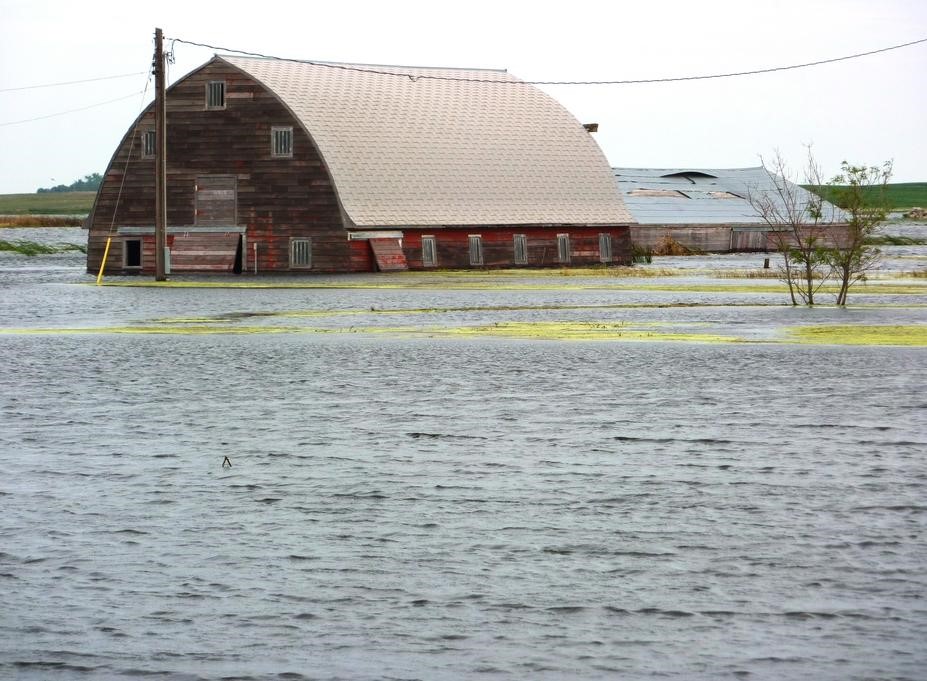
Flood
View resources to prepare for and recover from flood situations.

Bike Safety
View information about the benefits of biking and how to ride safely.

Youth for the Quality Care of Animals (YQCA) in South Dakota 4-H resources
About YQCA – the national program
Youth for the Quality Care of Animals (YQCA) is a national multi-species quality assurance program for youth ages 8 to 21 with a focus on three core pillars: food safety, animal well-being, and character development. The YQCA program is an annual certification created for youth producing and/or showing beef cattle, dairy cattle, sheep, meat goats, dairy goats, swine, poultry, and rabbits. The program has been designed by extension specialists and national livestock program managers to ensure it is accurate, current and relevant to the needs of the animal industry and shows, and is appropriate for youth learning levels.
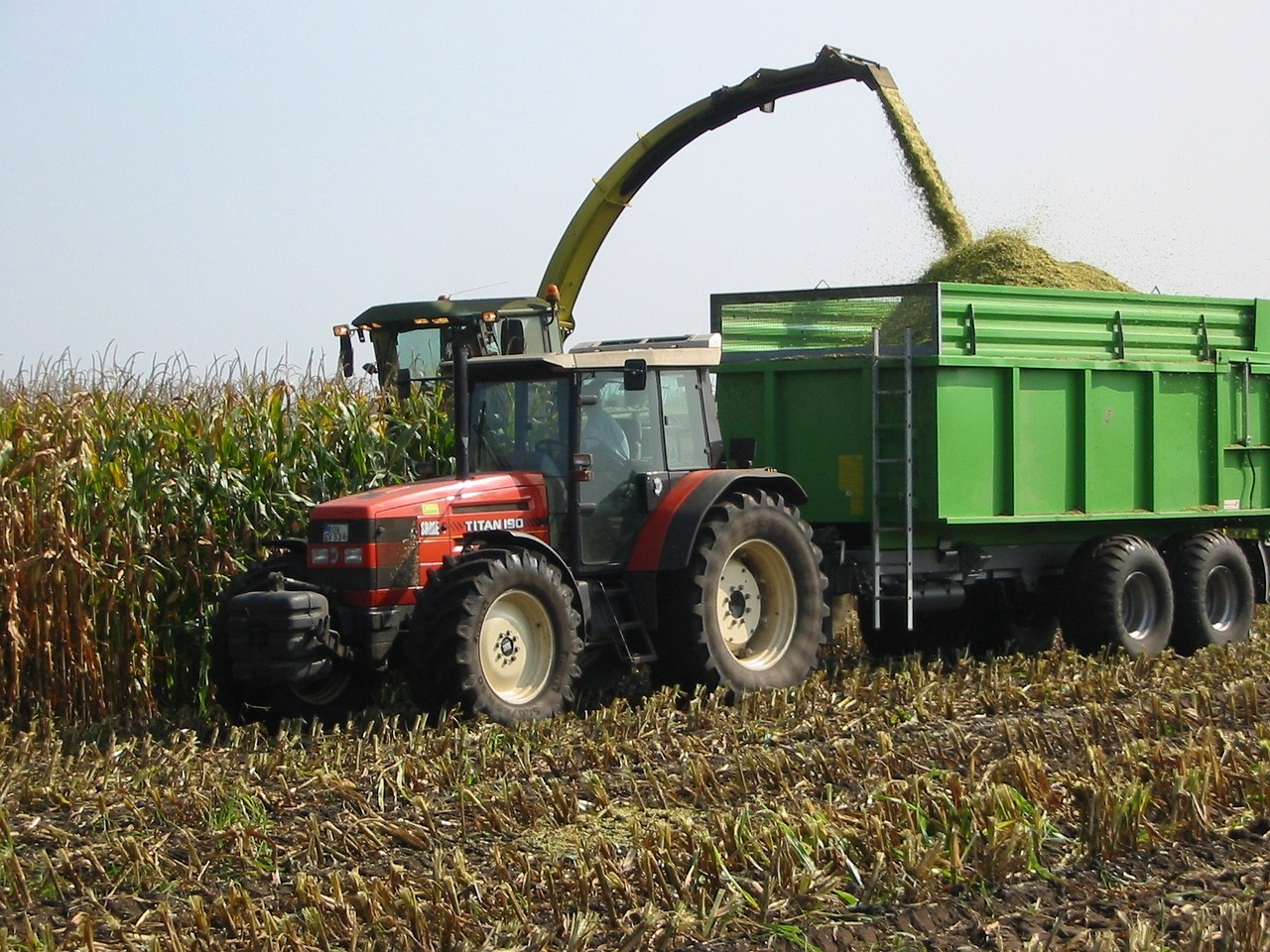
Silage: Minimizing Losses and Maximizing Value
Optimizing silage value starts by harvesting at the right moisture content.
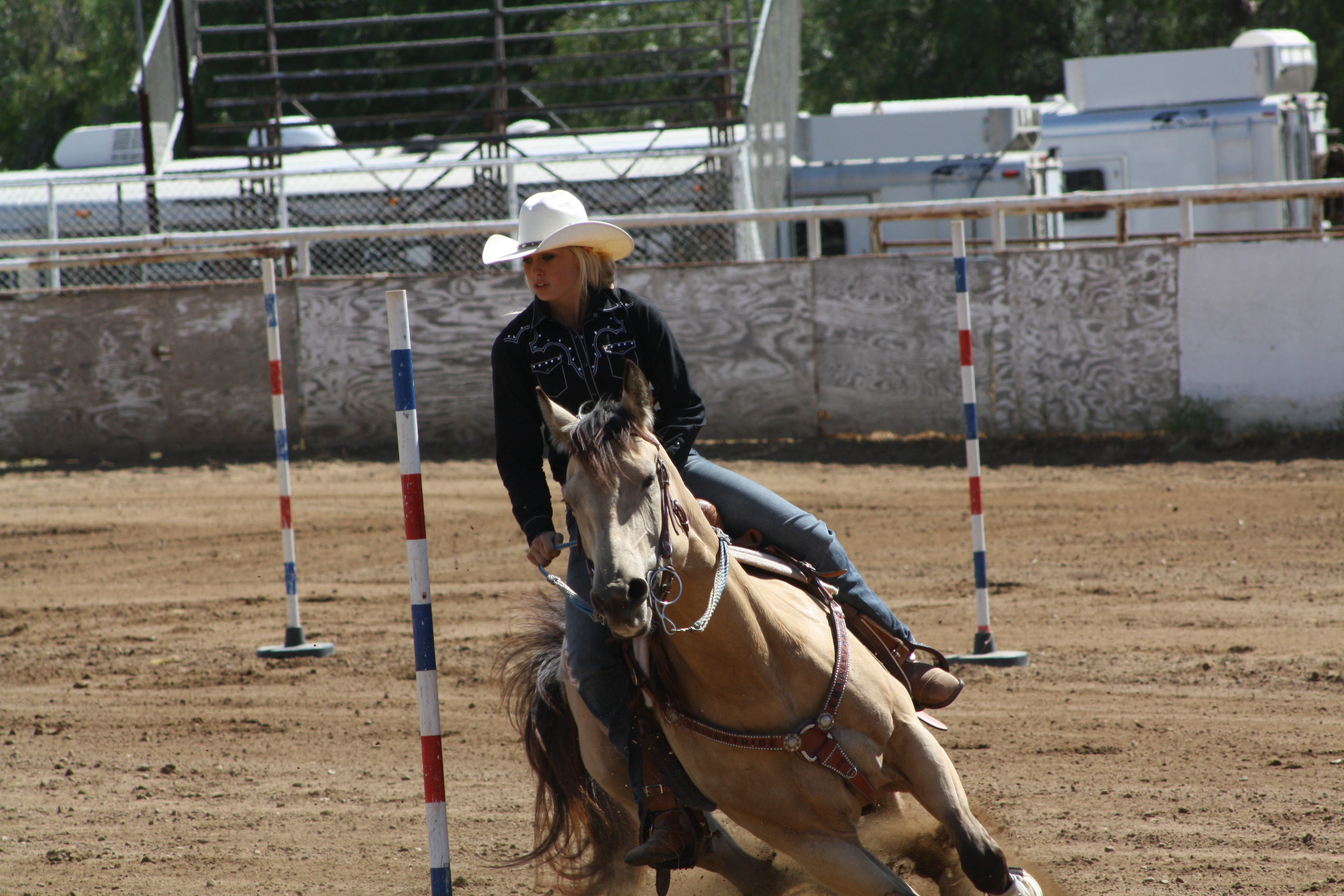
State 4-H Rodeo Resources
View the documents and forms to participate in the State 4-H Rodeo.
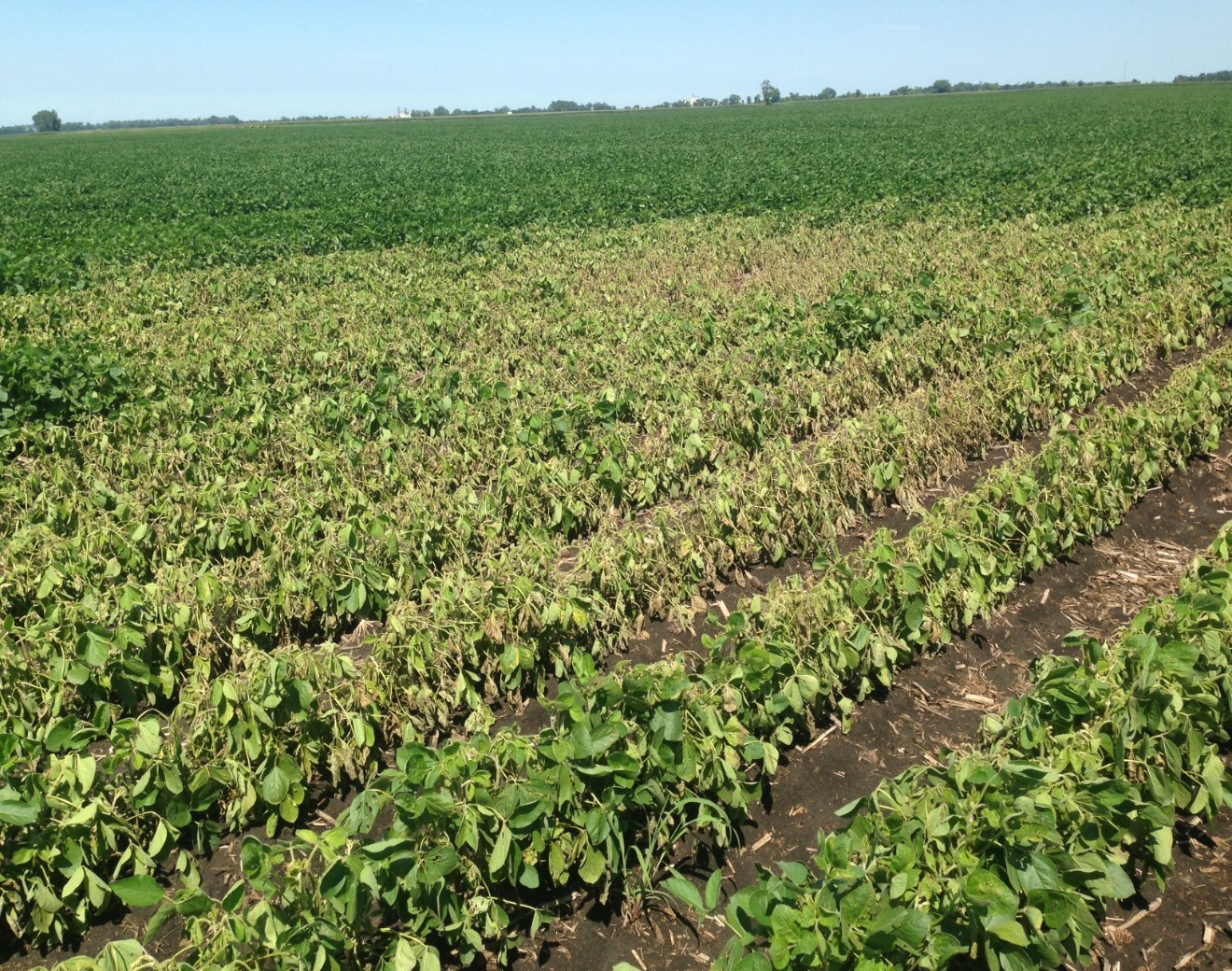
Replanting Considerations
Every season weather events such as hail or flooding can damage or destroy previously planted crops in all or in portions of fields. In May or even early June, many producers will replant these areas. As the end of June approaches, the window for replanting narrows and producers may want to do a more careful evaluation of whether or not to replant.
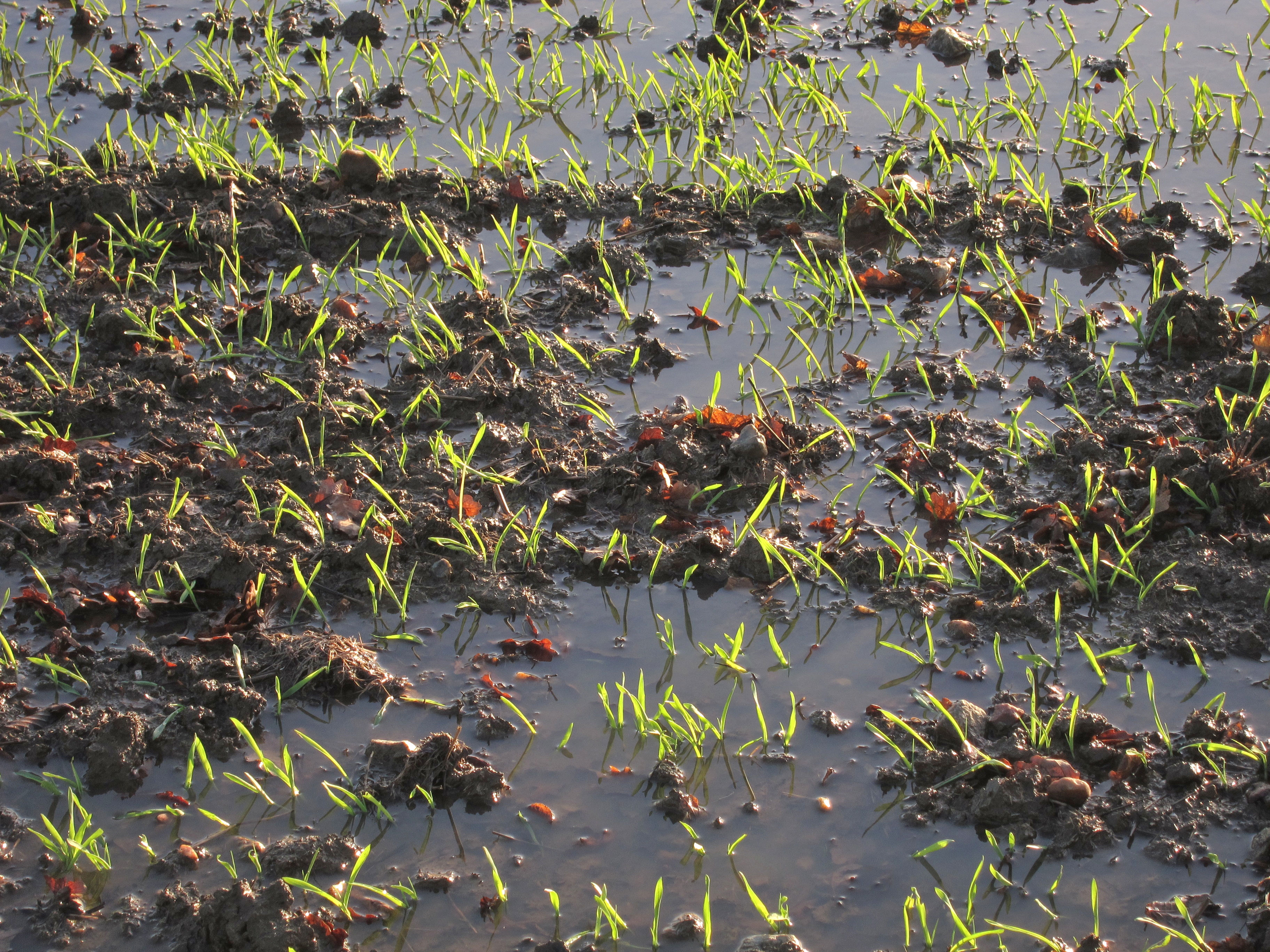
Wet Feet in Wheat
Given the widespread wet conditions present this spring, there are many areas in winter wheat fields with both ponding and saturated (or waterlogged) soils. Producers may want to consider soil conditions and evaluate extended weather forecasts when deciding whether or not to retain a winter wheat this spring.
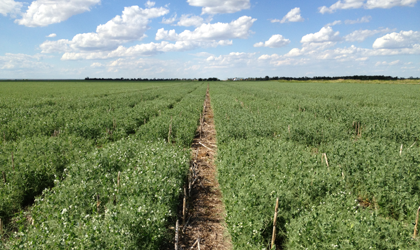
Field Pea Variety Trial Results
In 2023, field pea trials were planted at different locations in South Dakota.